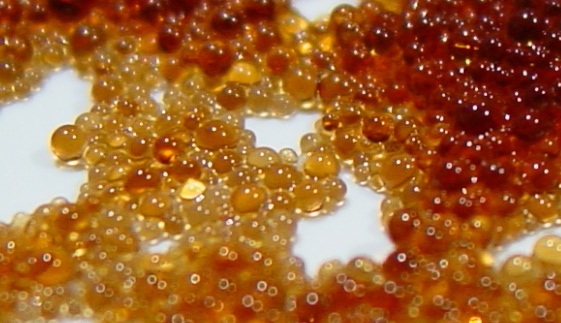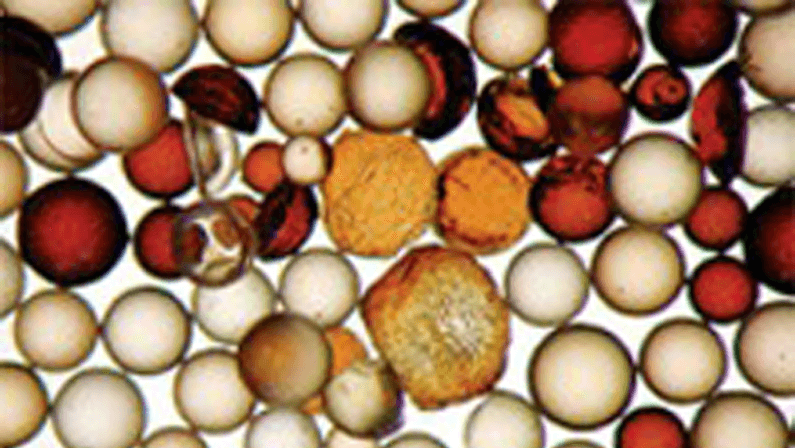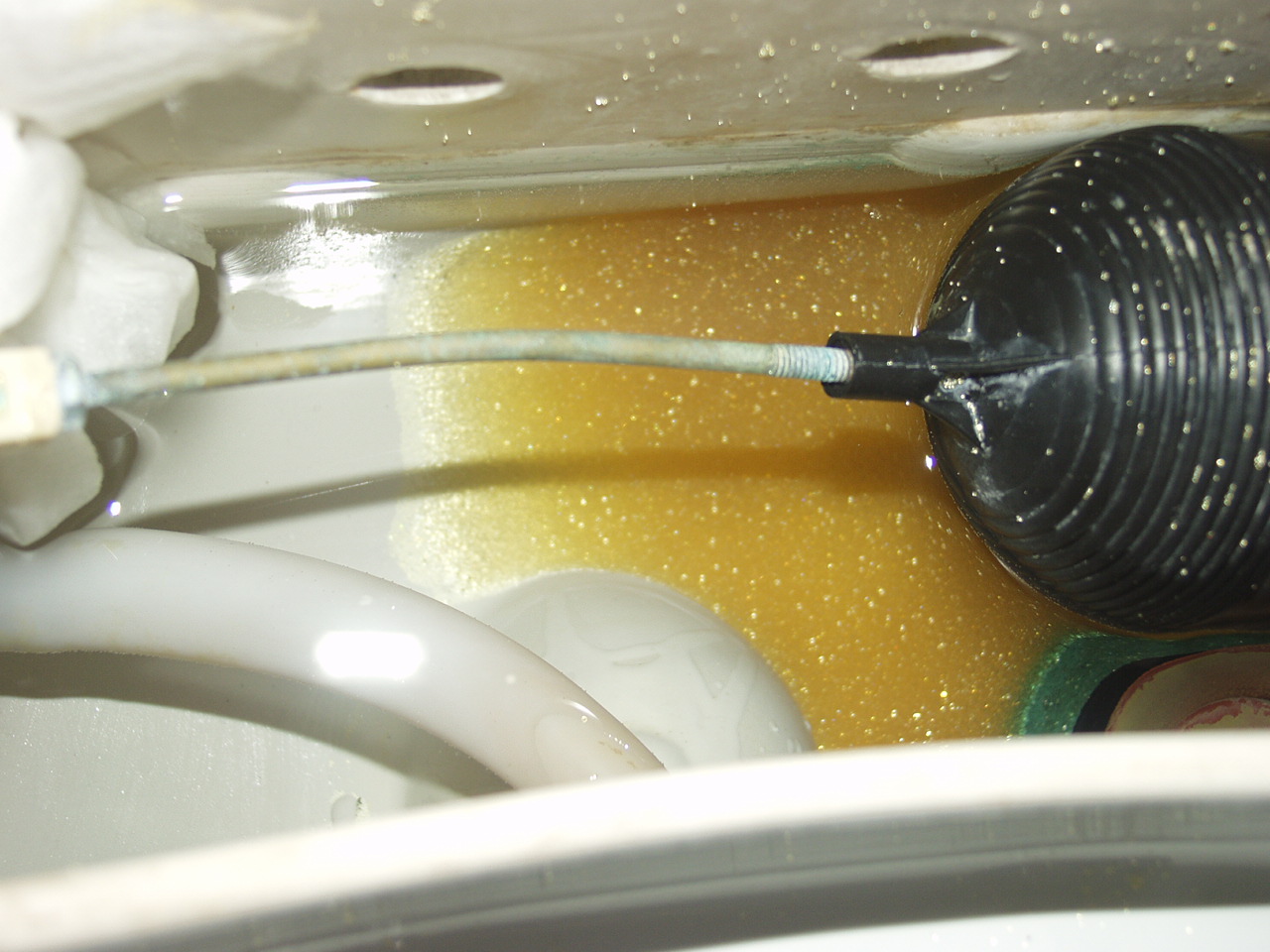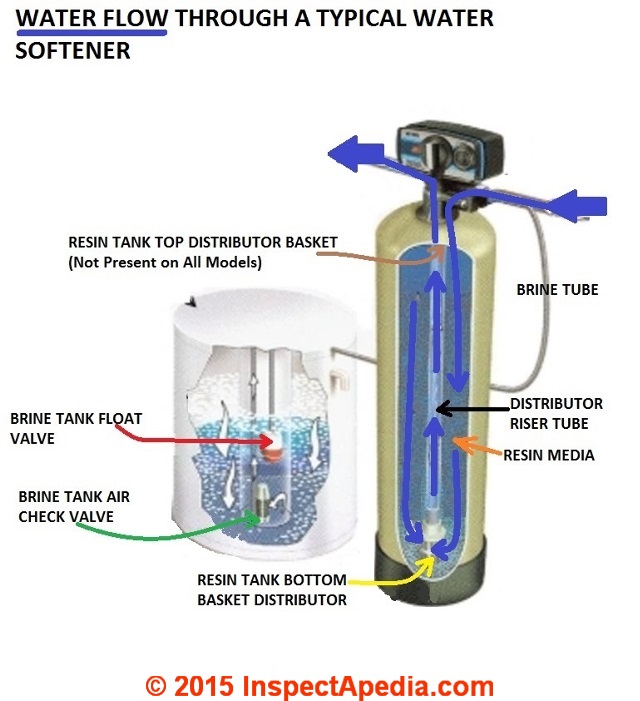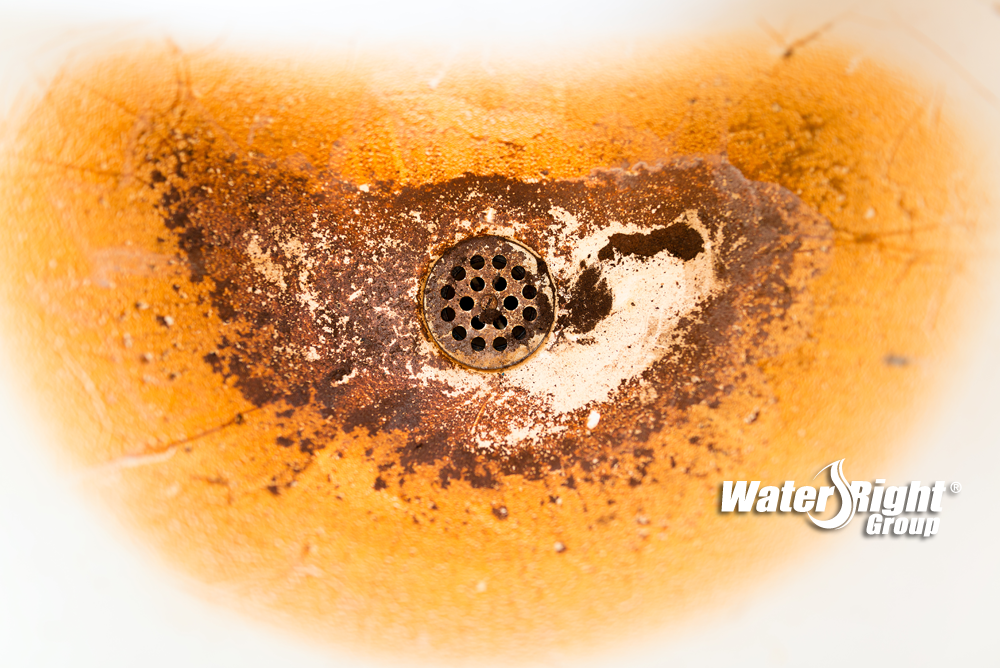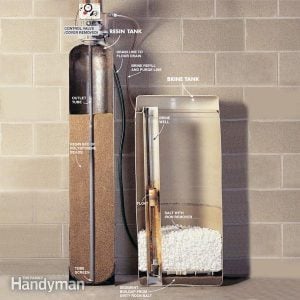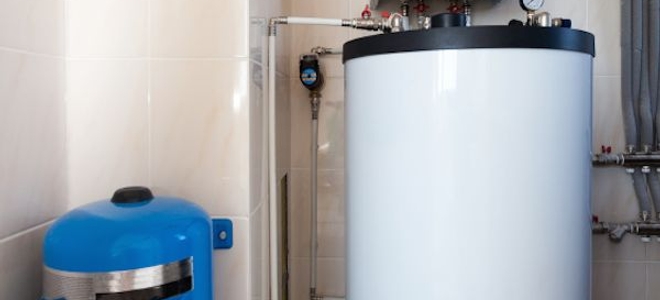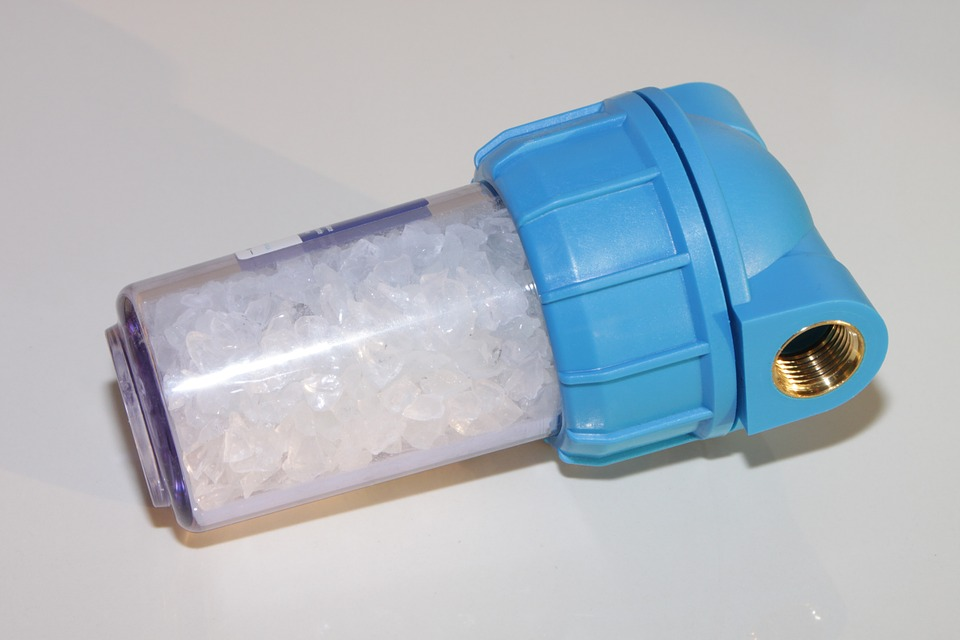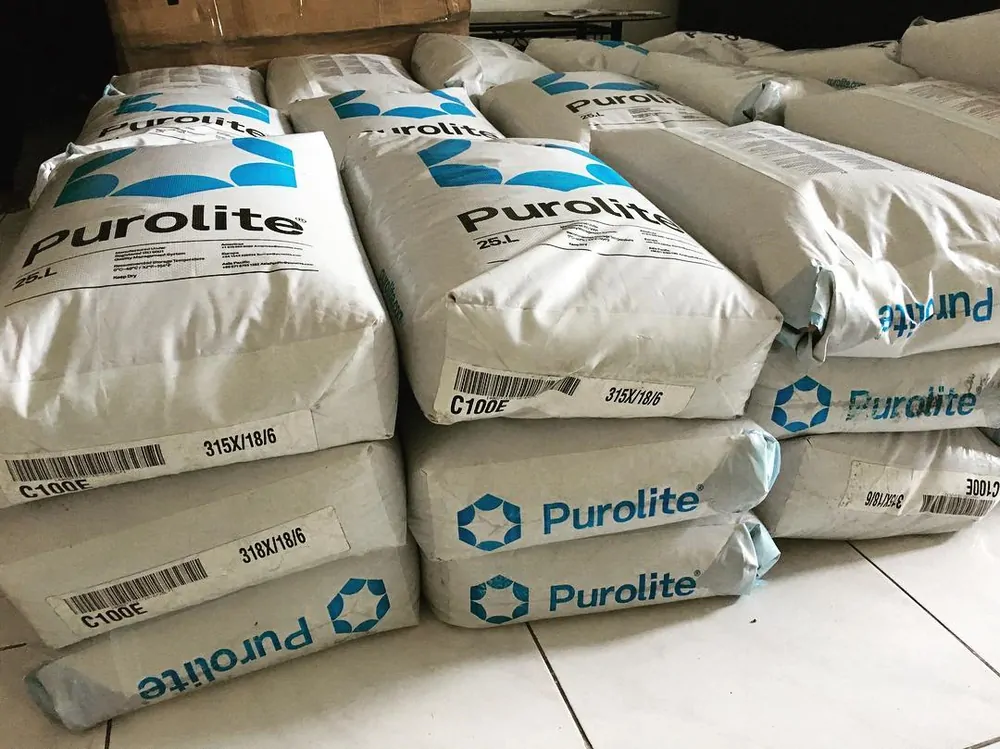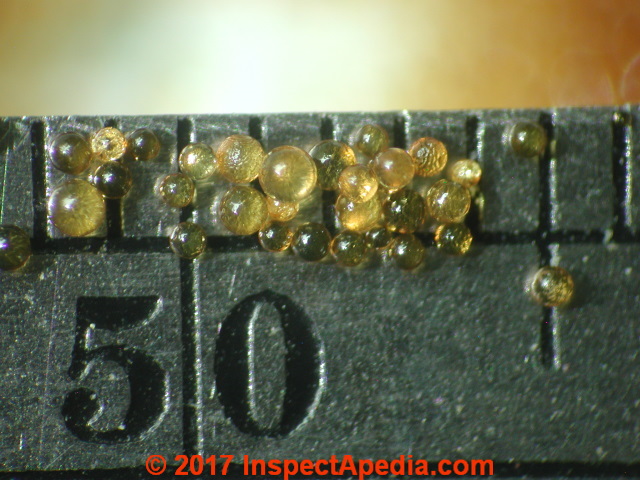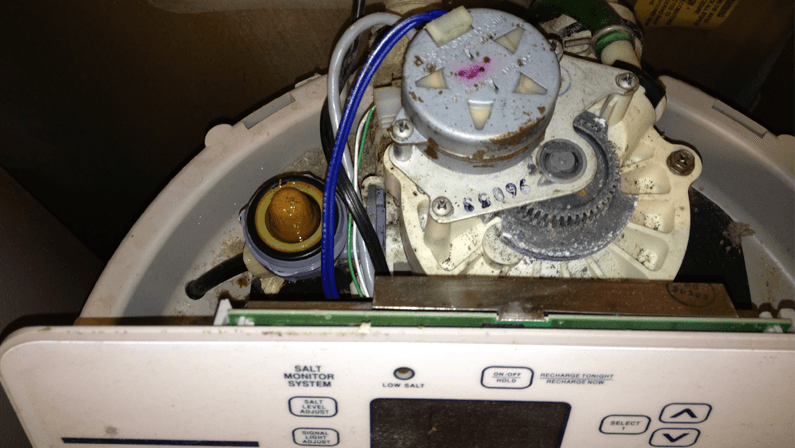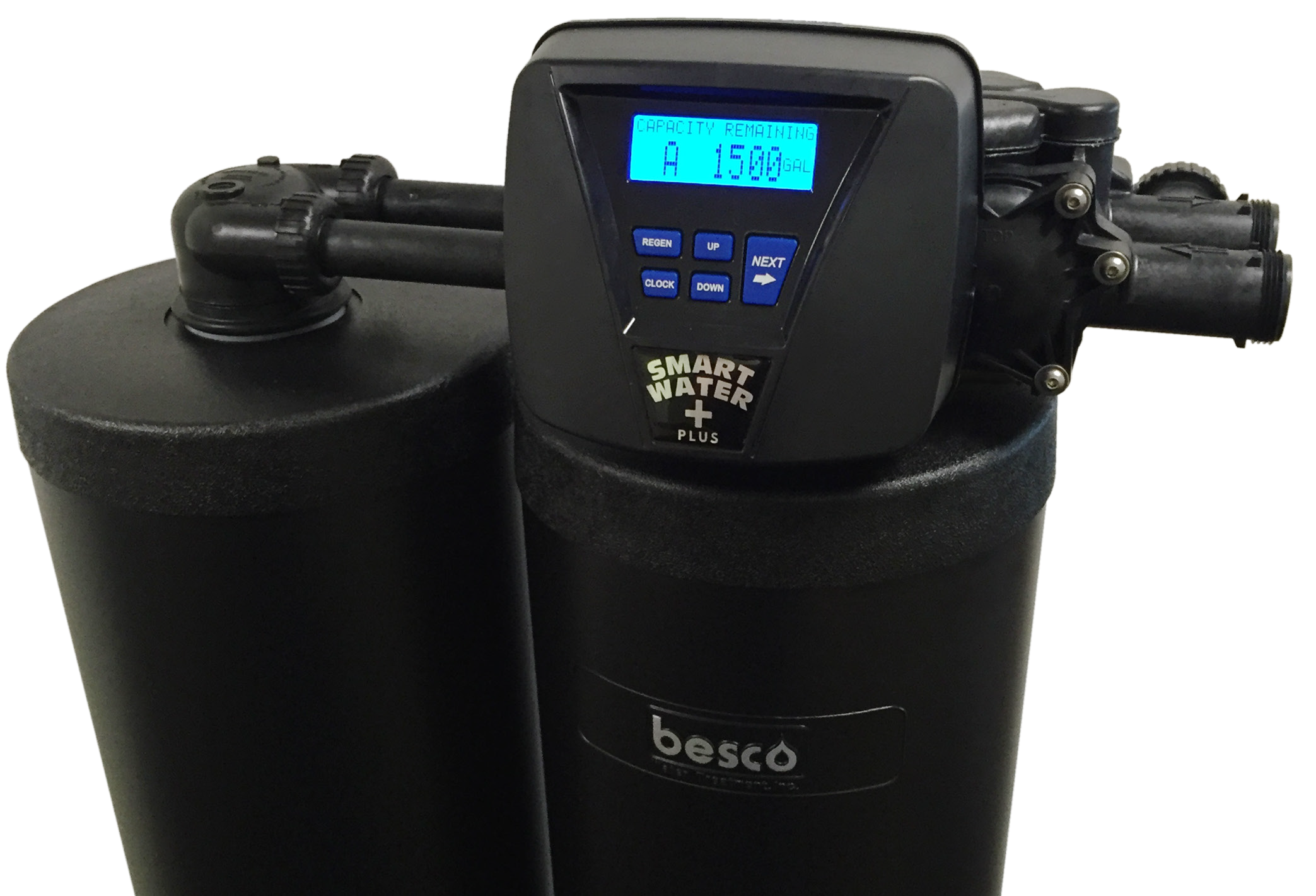Water Softener Resin Beads In Toilet

Resin is the ion exchange media used commonly in water softening applications.
Water softener resin beads in toilet. Then it is a tedious process of clearing out the beads from the fixtures. These resin beads play a vital role in exchanging salt for minerals and hardness in the water. Diagnose a resin bed problem. Later on you will slowly start noticing yellow beads in your toilet bathtubs think and so on.
Regular water softener resin beads and fine mesh water softener resin designed for use in softener models that use a finer mesh screen. So bypass the water softener and either live with hard water or replace the softener. How to flush resin beads from the plumbing. Fine mesh water softener resin can remove higher levels of iron in the water supply than the regular mesh.
If the membrane that holds the resin beads were to break the beads are then free to travel throughout your plumbing system. The water softener will regenerate and clean these beads at night. You ll see two pipes going into the water softener an inflow and outflow for the water. However when the membrane that holds these resin beads in place break they are free to go anywhere the flow of water brings them.
The tank regenerates the resin using sodium ions once all have been used and this is how a softener works. This resin has a very porous skeletal structure and each bead ranges in size from 0 3 1 2mm containing approximately 45 moisture. Two types of water softener resin are most often found. The beads are periodically cleaned using the salt every few weeks.
Turn off power and cold water supply to the heater. The most widely used resin in the industry is polystyrene type gel resin. A water softener has resin beads inside the brine tank that work to soften the water. Bypass the water softener.
Between these two. If your water softener doesn t put out any soft water or it regenerates and runs out of soft water quickly in just a day or so you probably have a damaged resin bed a water softener resin bed normally lasts 10 to 15 years. If you are. When that happens the water softener will leak out resin into your pipes.
After continued exposure to excess levels of chlorine or continuous buildup of iron on the resin the plastic resin beads can be damaged. The resin contains thousands of beads and as water passes through the resin it pulls calcium and magnesium ions from water and replaces them with sodium ions. Drain and flush the hot water heater. The salt is held in the softener s salt holding tank.

